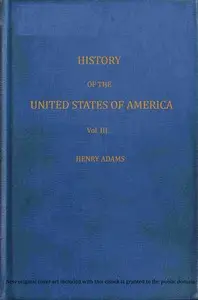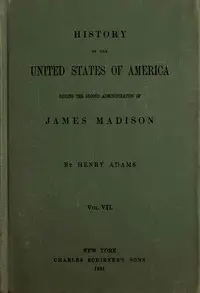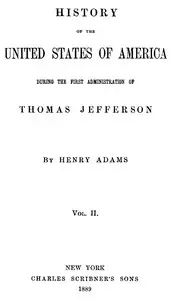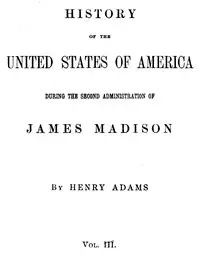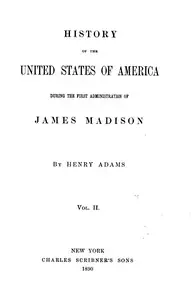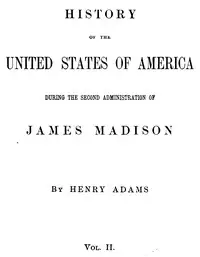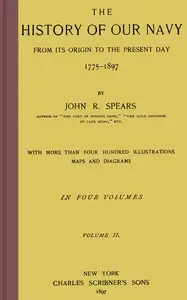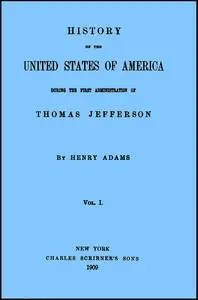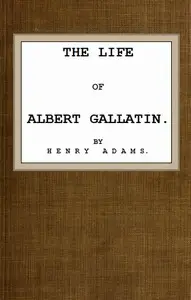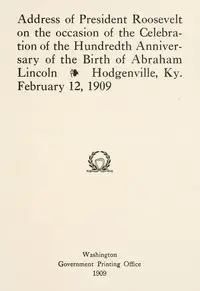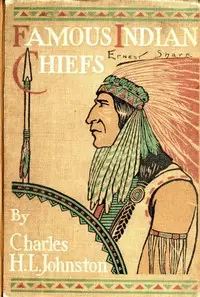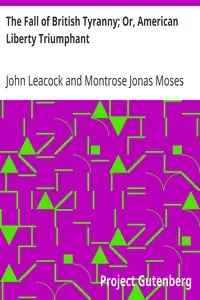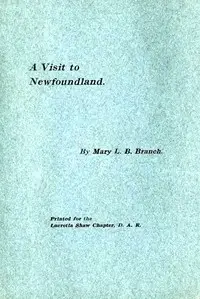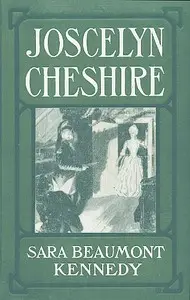"History of the United States of America, Volume 4 (of 9): During the Second Administration of Thomas Jefferson" by Henry Adams is a late 19th-century historical text, recounting the key events and difficulties that the United States encountered during Thomas Jefferson's second presidential term, spanning 1805 to 1809, a time marked by escalating tensions with British naval powers; this volume explores notable incidents that impacted U.S. and British relations, such as the controversial attack on the USS Chesapeake by the British frigate Leopard; with its examination of the rising tensions between the United States and Great Britain, readers learn about challenges such as naval confrontations and sovereignty issues; it describes how the Chesapeake incident underscored American resentment towards British extradition practices and the broader impact of these conflicts on Jefferson's political maneuvering and national morale; setting the stage for discussions of diplomacy, national identity, and the difficulties Jefferson faced in responding to mounting public anger over foreign aggression.
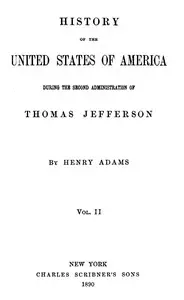
History of the United States of America, Volume 4 (of 9) : $b During the second administration of Thomas Jefferson
By Henry Adams
During a president's second term, an attack at sea ignites a nation's fury and tests its leader's resolve in the face of international conflict.
Summary
About the AuthorHenry Brooks Adams was an American historian and a member of the Adams political family, descended from two U.S. presidents. As a young Harvard graduate, he served as secretary to his father, Charles Francis Adams, Abraham Lincoln's ambassador to the United Kingdom. The posting influenced the younger man through the experience of wartime diplomacy, and absorption in English culture, especially the works of John Stuart Mill. After the American Civil War, he became a political journalist who entertained America's foremost intellectuals at his homes in Washington and Boston.
Henry Brooks Adams was an American historian and a member of the Adams political family, descended from two U.S. presidents. As a young Harvard graduate, he served as secretary to his father, Charles Francis Adams, Abraham Lincoln's ambassador to the United Kingdom. The posting influenced the younger man through the experience of wartime diplomacy, and absorption in English culture, especially the works of John Stuart Mill. After the American Civil War, he became a political journalist who entertained America's foremost intellectuals at his homes in Washington and Boston.

